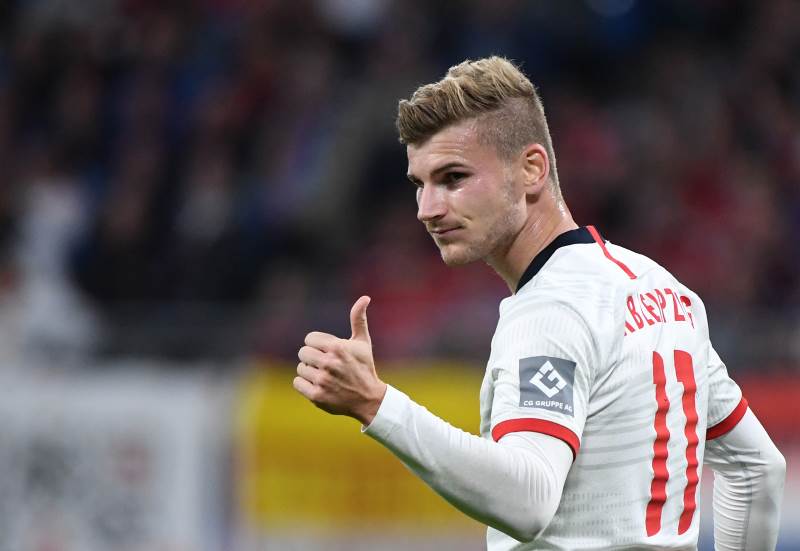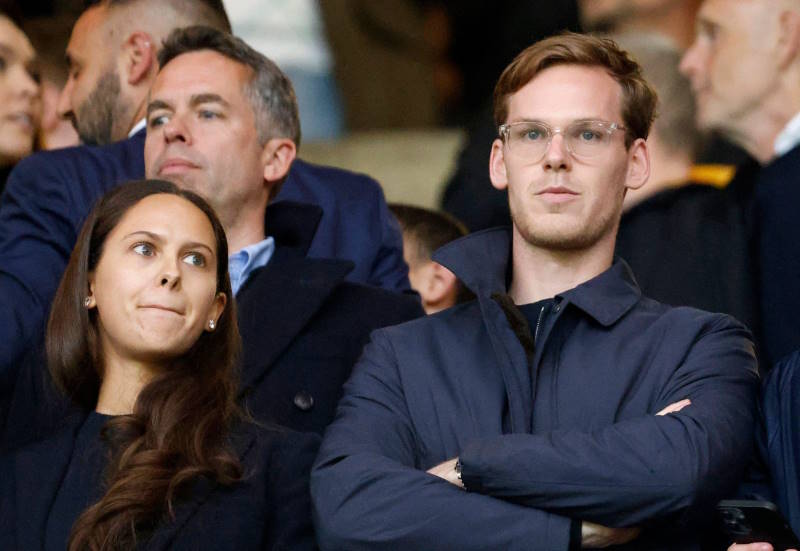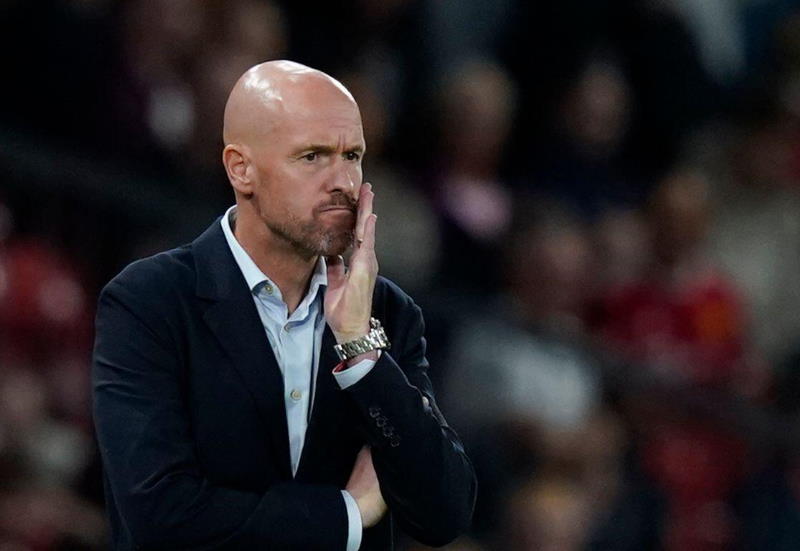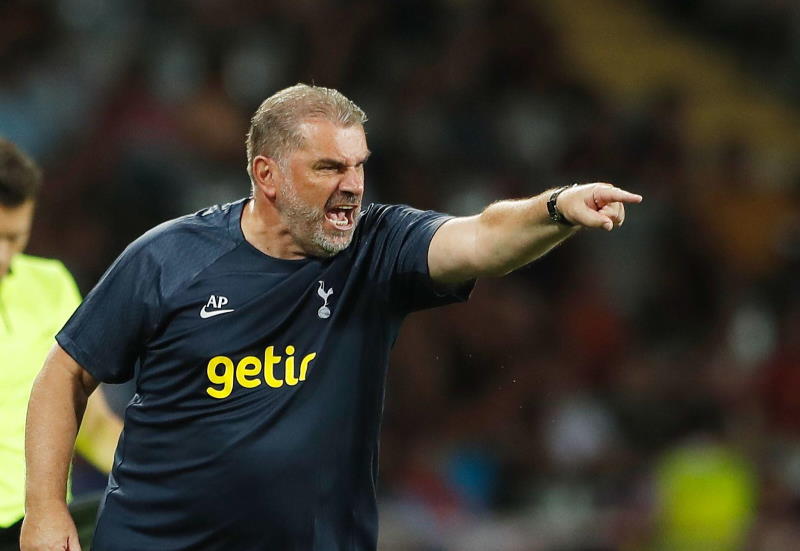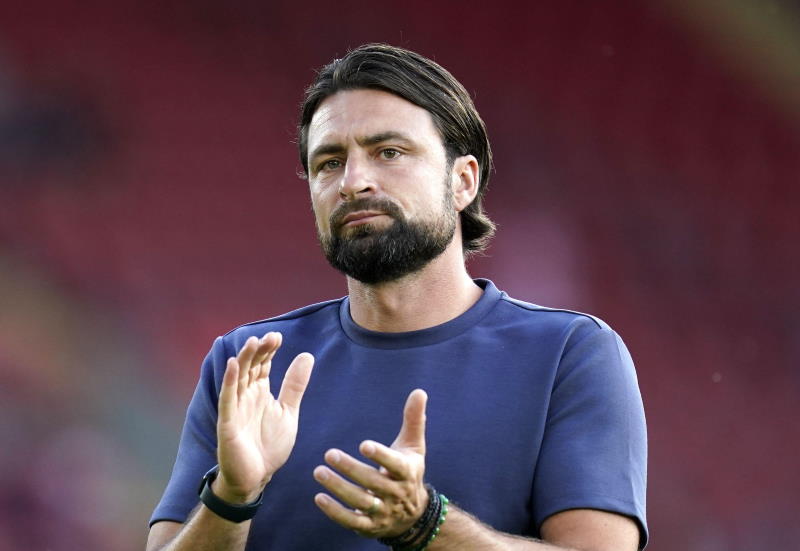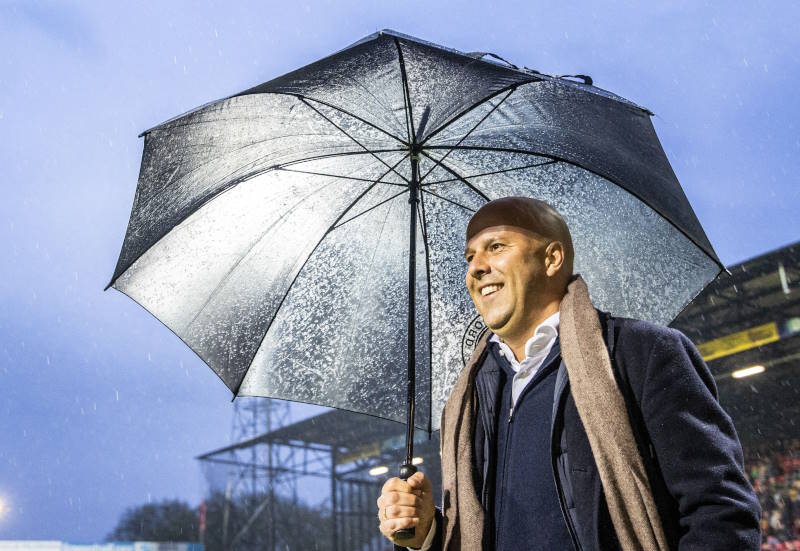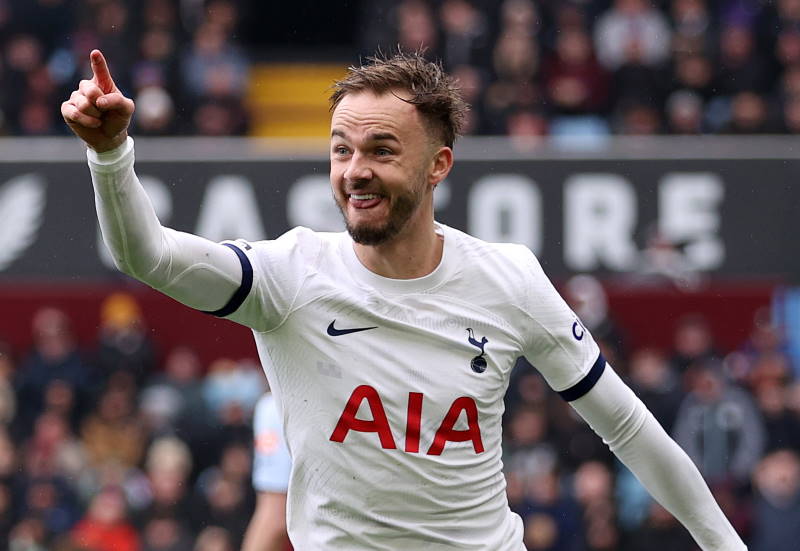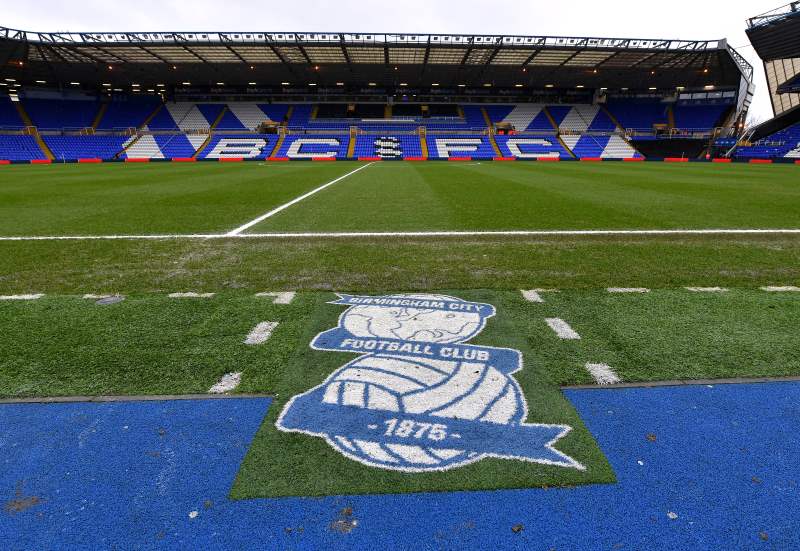
Advancing to the last 16 of any World Cup is an achievement to be proud of. This is sure to be little consolation, however, to the United States team after their defeat at the hands of lower-ranked Ghana. Naturally, much of the blame has been pointed in the direction of head coach Bob Bradley. But how much of this loss can be attributed to the machinations of the manager? And should the finger instead be pointed at a system that is failing to develop world-class talent?
The United States squad never truly looked in form during this World Cup. They earned a draw against England only by a fortuitous and very memorable goalkeeping error. The Americans then trailed Slovenia by two goals before finally playing at the top of their ability, drawing the game and only being denied victory by a controversial foul. Facing elimination in their third Group C match, it took 91 minutes for the Bradley’s men to thread a ball into the Algerian net. Landon Donovan pulling the country back from the brink of elimination will surely go down as one of the greatest moments in American football history. But any hope for further glory was quickly tarnished by Ghana in the last 16.
A significant contributing factor to the downfall of the Confederations Cup runners-up in this World Cup was the early goals that the team consistently conceded. It took all of four minutes for England to find the back of the net. Slovenia scored their first in the 13th minute; Ghana were ahead after only five minutes and later scored a mere three minutes into extra time. Perhaps some blame can be placed on the shoulders of Bradley then for not having his side in the proper frame of mind to compete early on.
Bradley’s most outspoken detractors will criticise the coach’s decision to play midfielder Ricardo Clark. Clark made a mistake with the ball that led directly to the first Ghanaian goal, then earned a yellow card two minutes after. Bradley almost seemed to admit his mistake when he removed Clark in the 31st minute and replaced him with Maurice Edu. But while deciding to play Clark backfired horrendously, there wasn’t much to indicate that the 27-year-old would have such a dismal showing. After all, Clark is a solid pro who turns out in the German Bundesliga. He has earned a place in the American squad through past performances. The blame for Clark’s performance should fall on Clark, rather than Bradley.
To dedicated American supporters, this loss may be a painful reminder of their nation’s early exit in the 2006 World Cup. The United States were eliminated from contention in the Group Stage in 2006. After a bad loss to the Czech Republic and a draw with Italy, it was Ghana who sent them home with a 2-1 defeat in the third match and head coach Bruce Arena was removed from his post as manager of the national team for this lacklustre performance. Bob Bradley was given the task of rejuvenating American soccer, although the job almost went to German star and American resident Jurgen Klinsmann.
Klinsmann, currently employed as an analyst covering the 2010 World Cup, was outspoken about the flaws in the United States soccer system following their elimination, specifically in their development of youth players.
Only recently have US Soccer implemented programs to find the most skilled young footballers in the country and fund their development. Before the founding of soccer academies, players had to pay for their soccer development, which limited the game to families with the money to support their rising stars. While a new focus on development is a step in the right direction for US Soccer, it can be years before this program begins to produce world-class footballers.
Still, there is little chance for fame and fortune in America for the soccer player. Many talented American athletes are drawn towards American Football, Baseball and Basketball as they are more likely to earn college scholarships with one of these sports than they are with soccer. What the United States needs is to build a culture of soccer – to build a newfound interest and love for the game that makes young Americans dream of being the next Landon Donovan rather then becoming the next American Football legend like Joe Montana or Peyton Manning.
The Group Stage, specifically the last minute miracle goal by Landon Donovan against Algeria, was a step in the right direction for establishing soccer as one of the premier sports in the United States. Losing to Ghana, however, may have been a step right back in the opposite direction.
Jurgen Klinsmann might be the most worthy candidate to take Bradley’s post, if the German star wants the job. But when analysing the contributions of Bob Bradley, it is important to remember that the manager is restricted to the sidelines when the game is being played. There are matches when players simply don’t compete in top form. This was not a weak United States squad that limped into the World Cup; this was a squad that topped the CONCACAF region, qualifying ahead of Mexico. If Bob Bradley was detrimental to the World Cup effort, it certainly wasn’t visible until very late in the tournament.
National team treasure Landon Donovan is sure to be back for the next World Cup in Brazil 2014 to carry the hopes of the United States once again. After a strong qualification and an early exit, it’s anybody’s guess as to whether Bob Bradley will be along for the ride.


